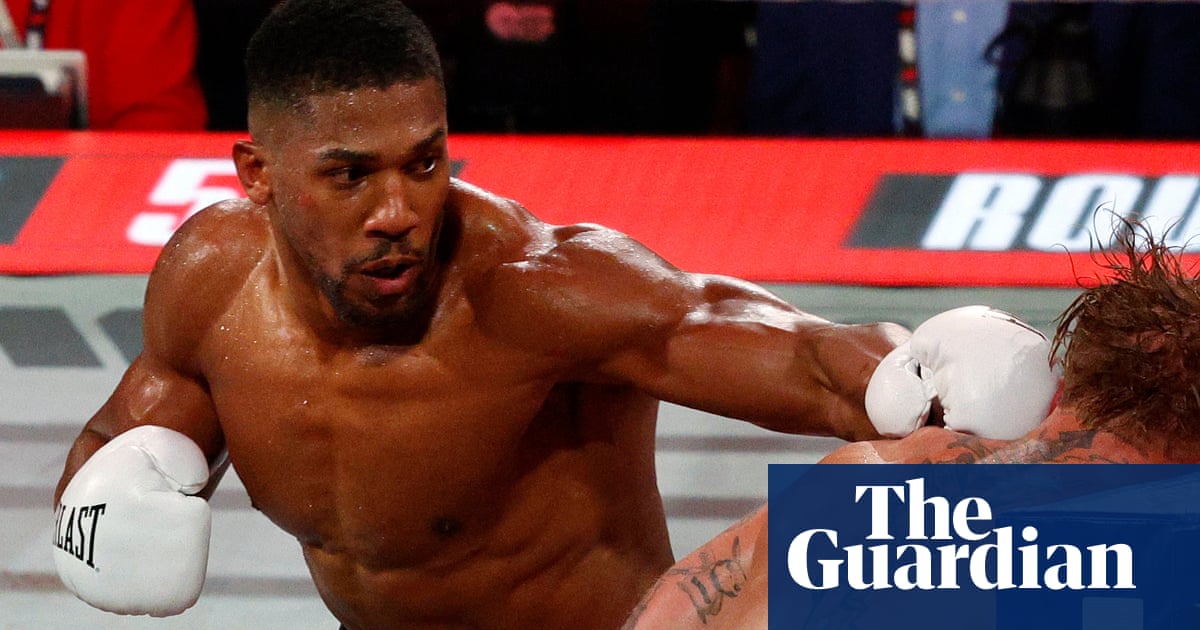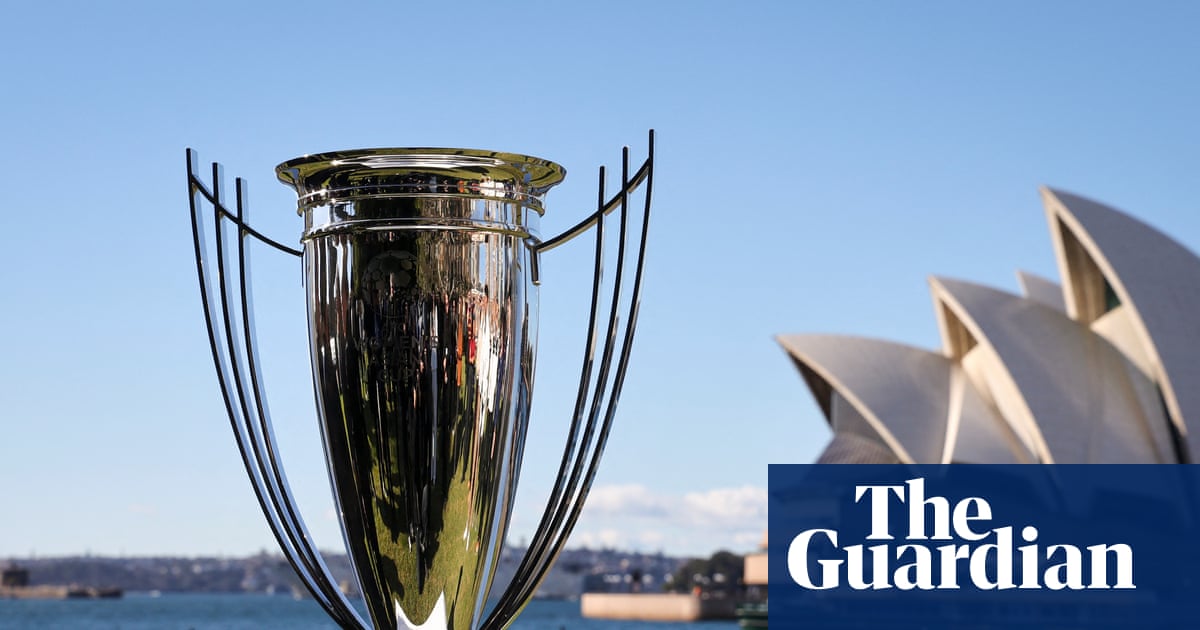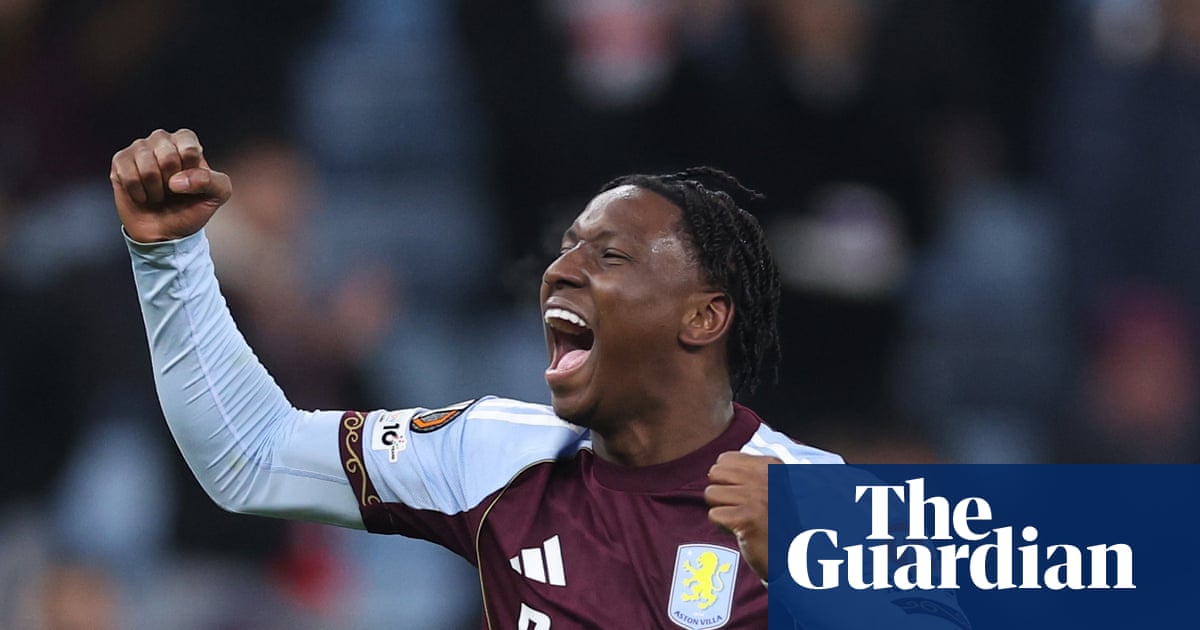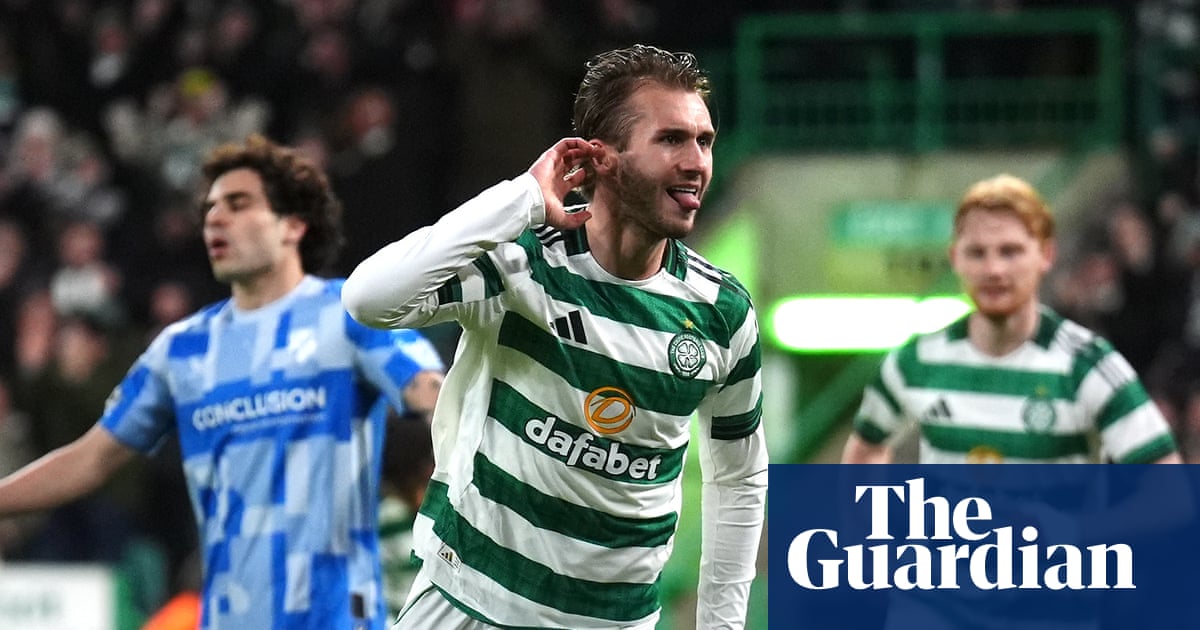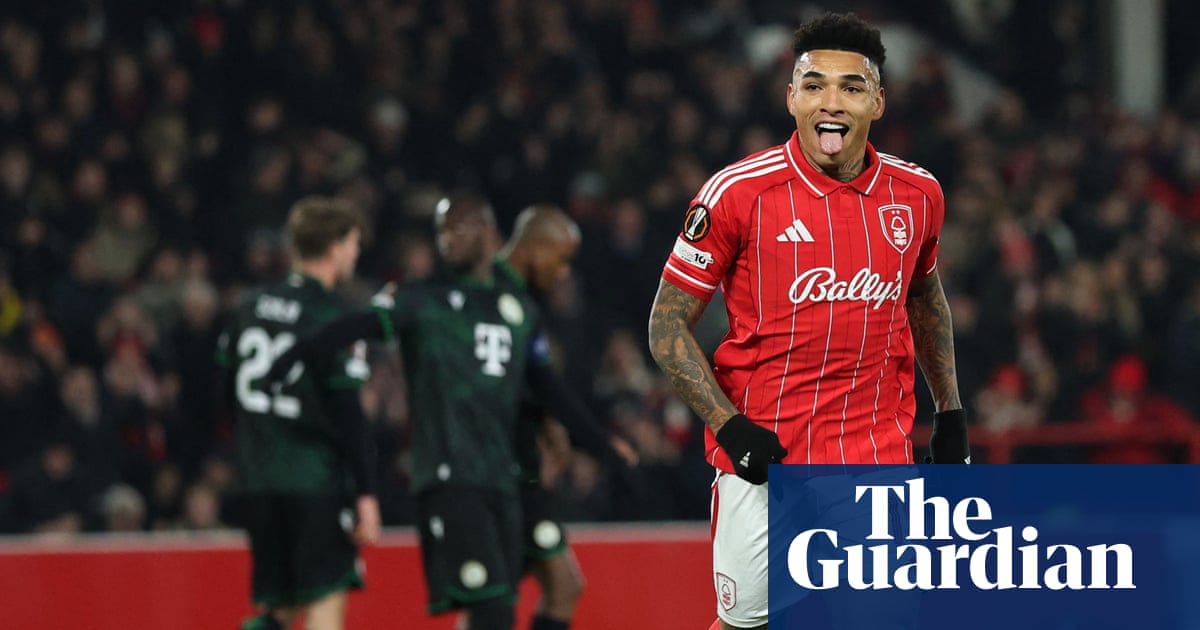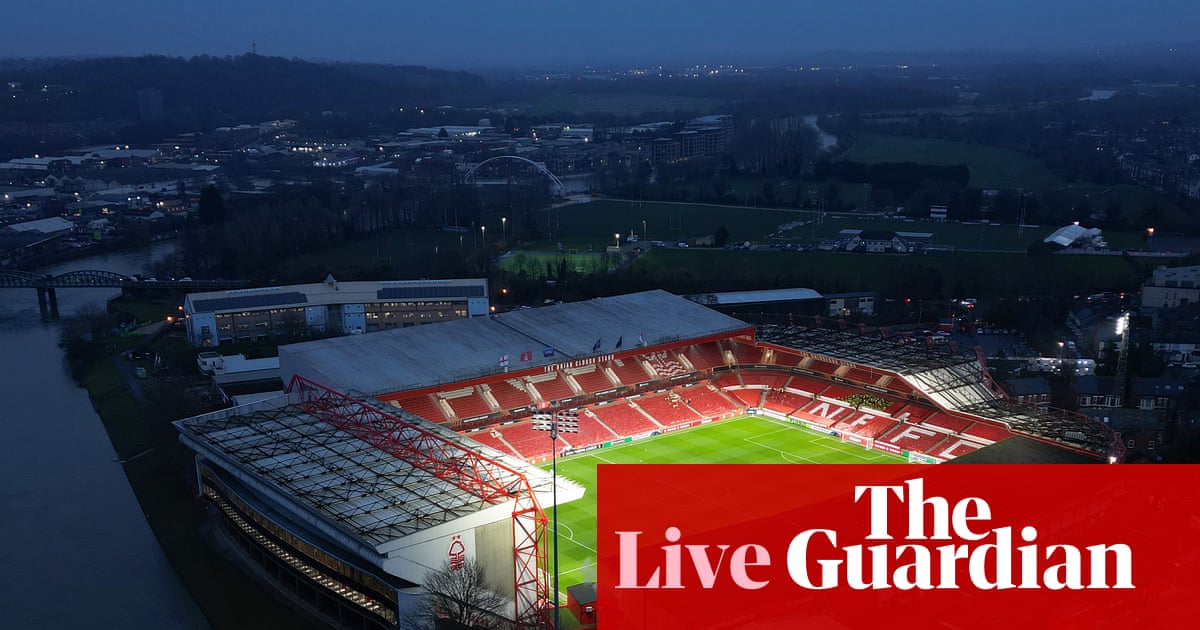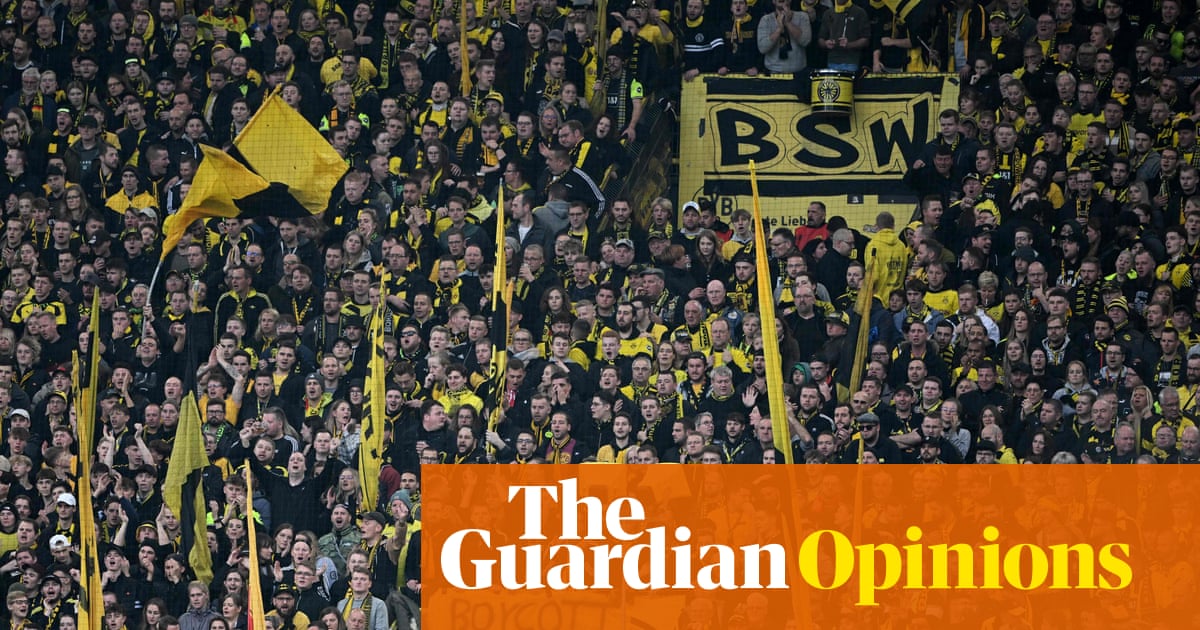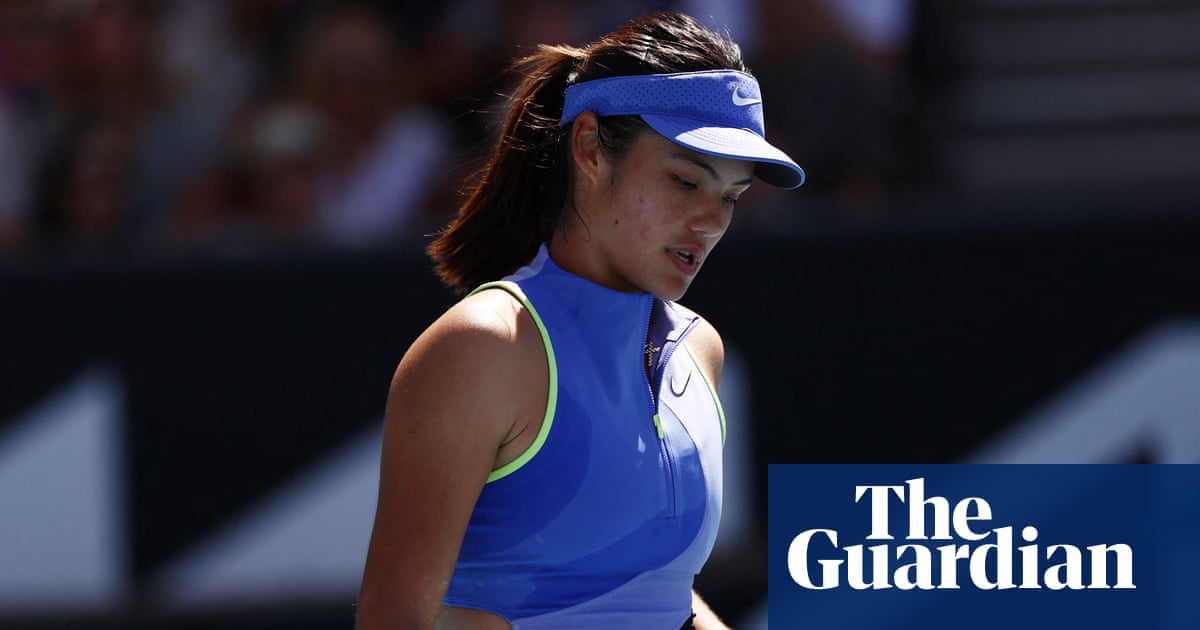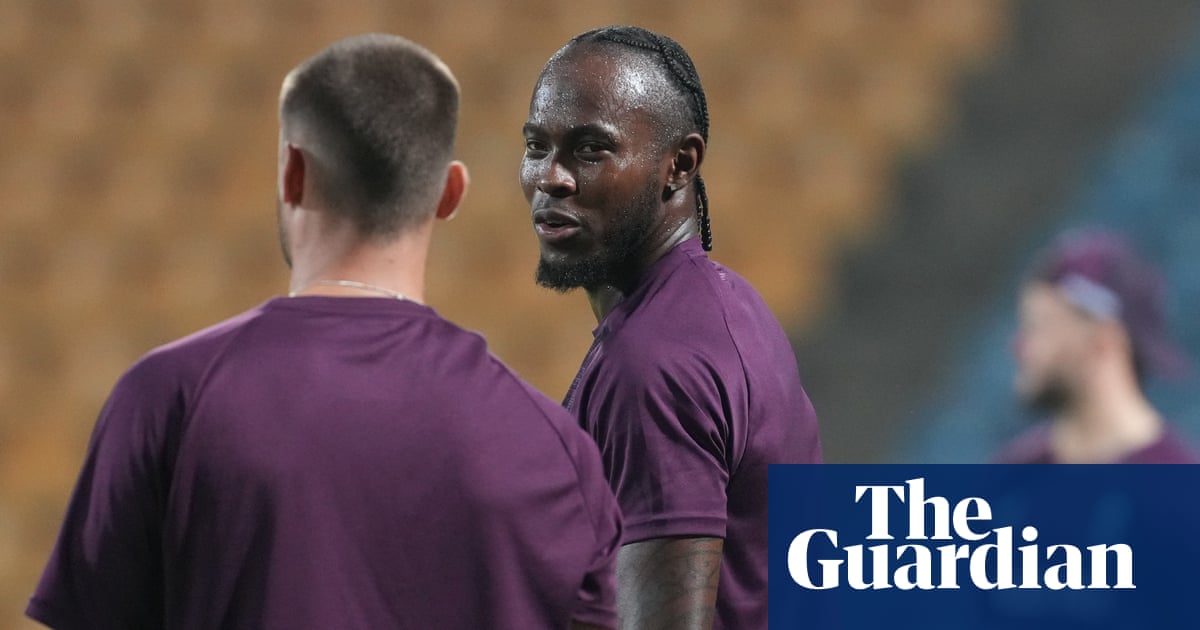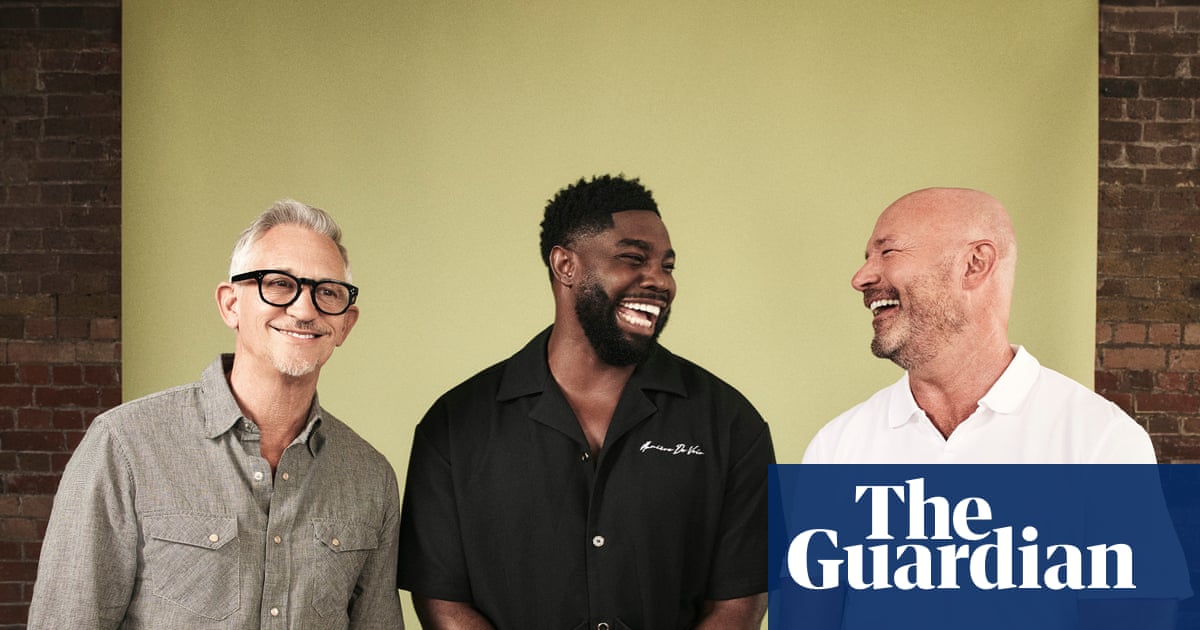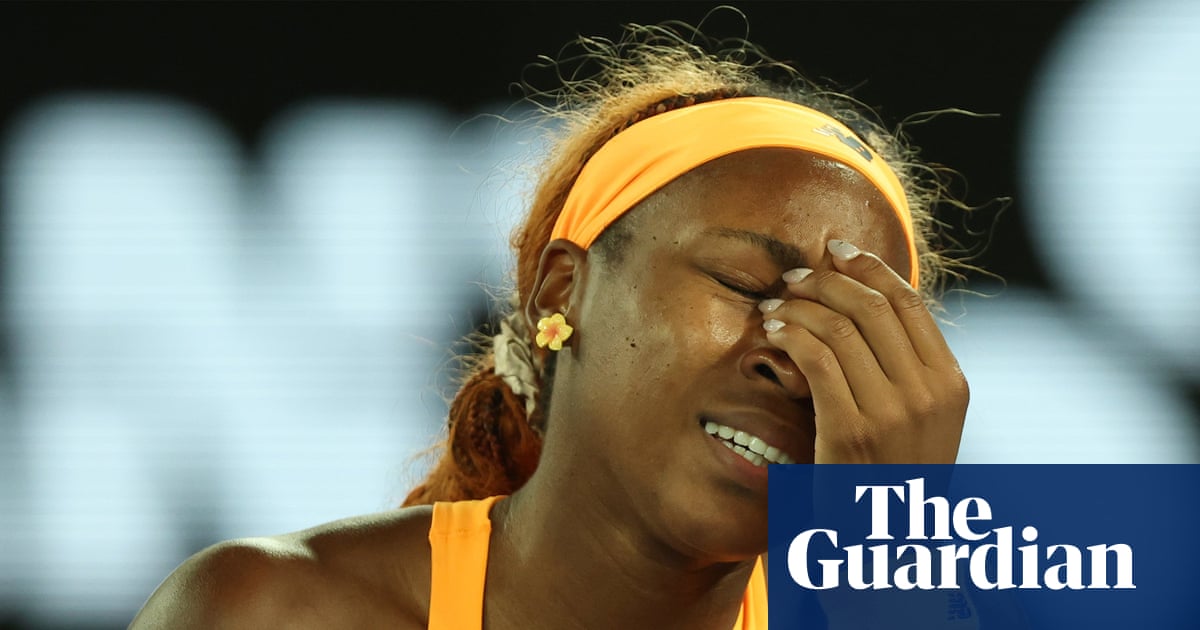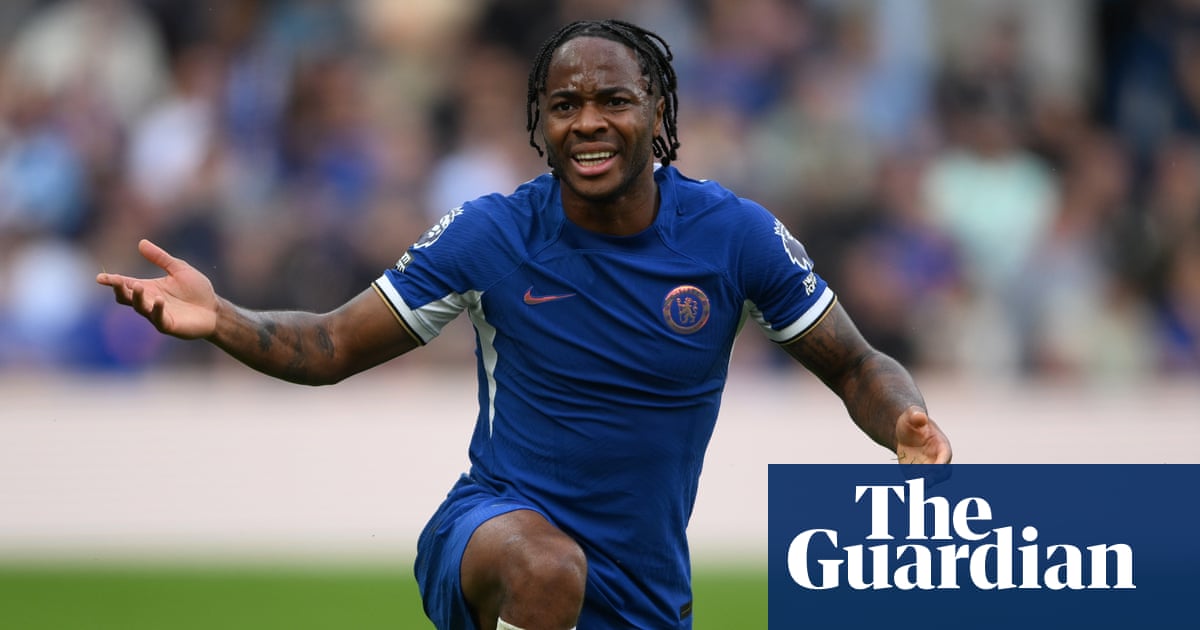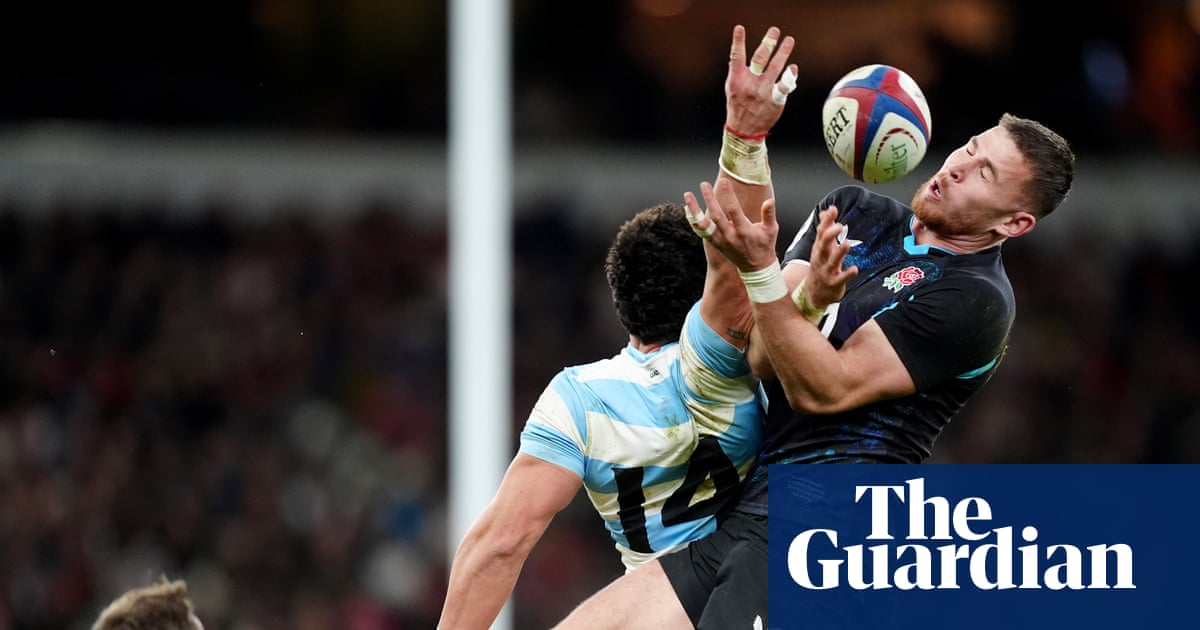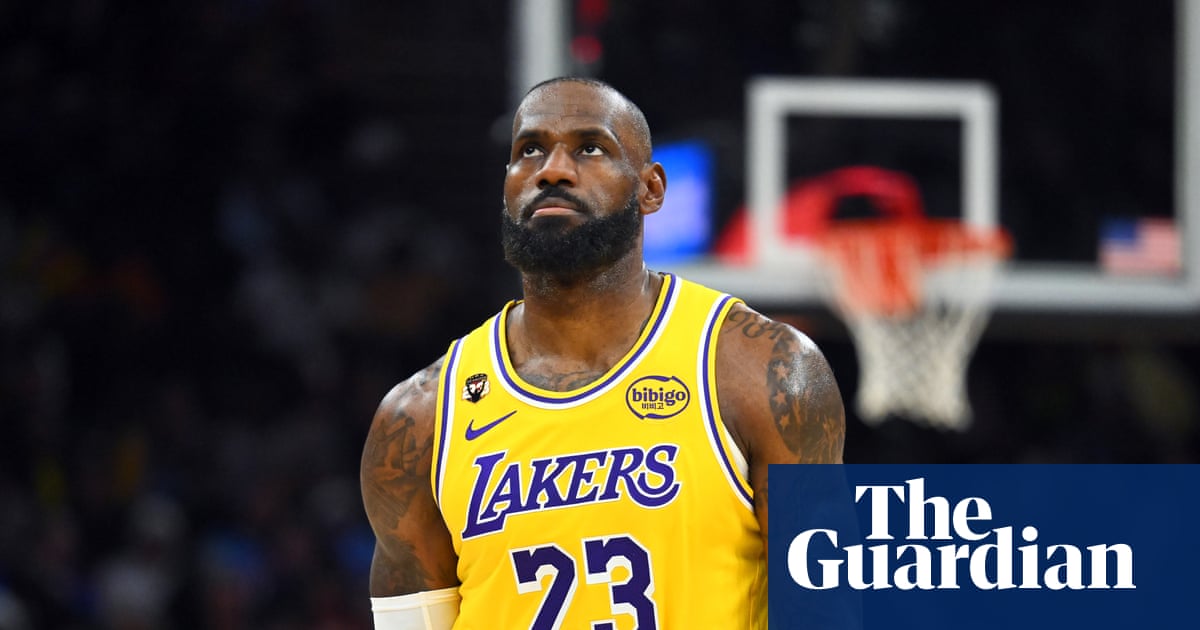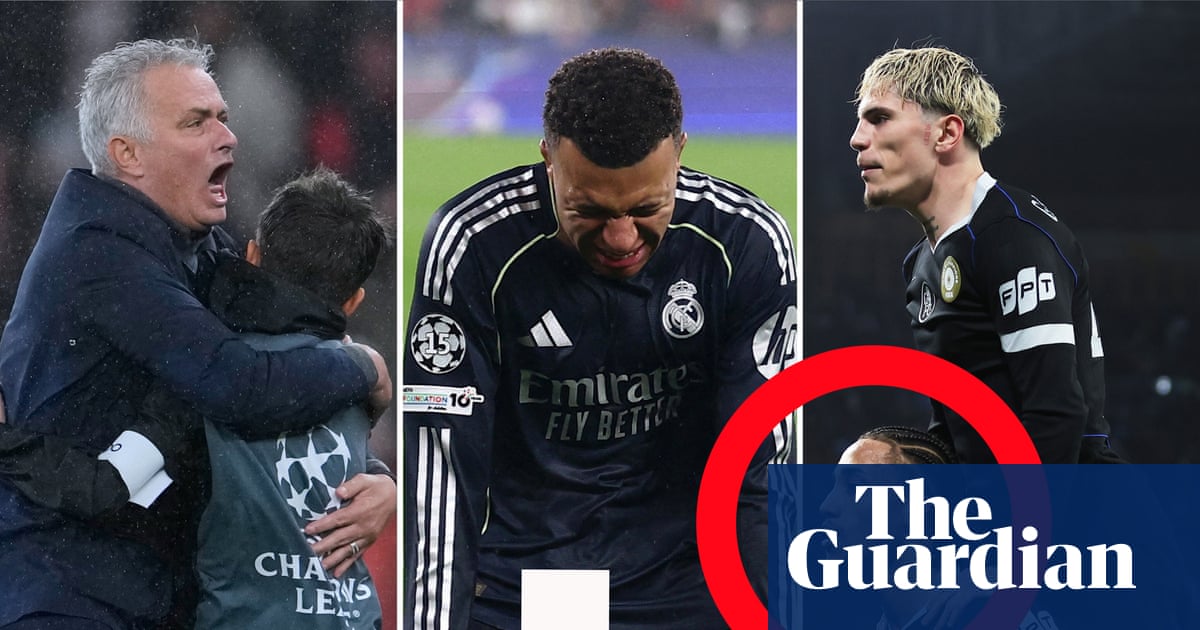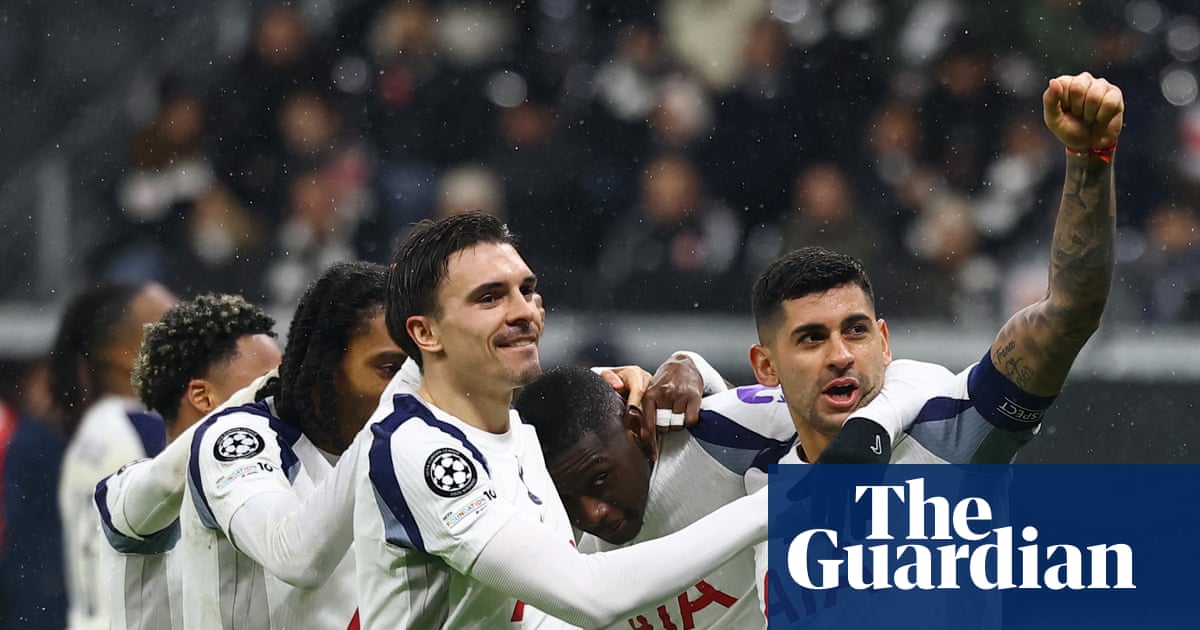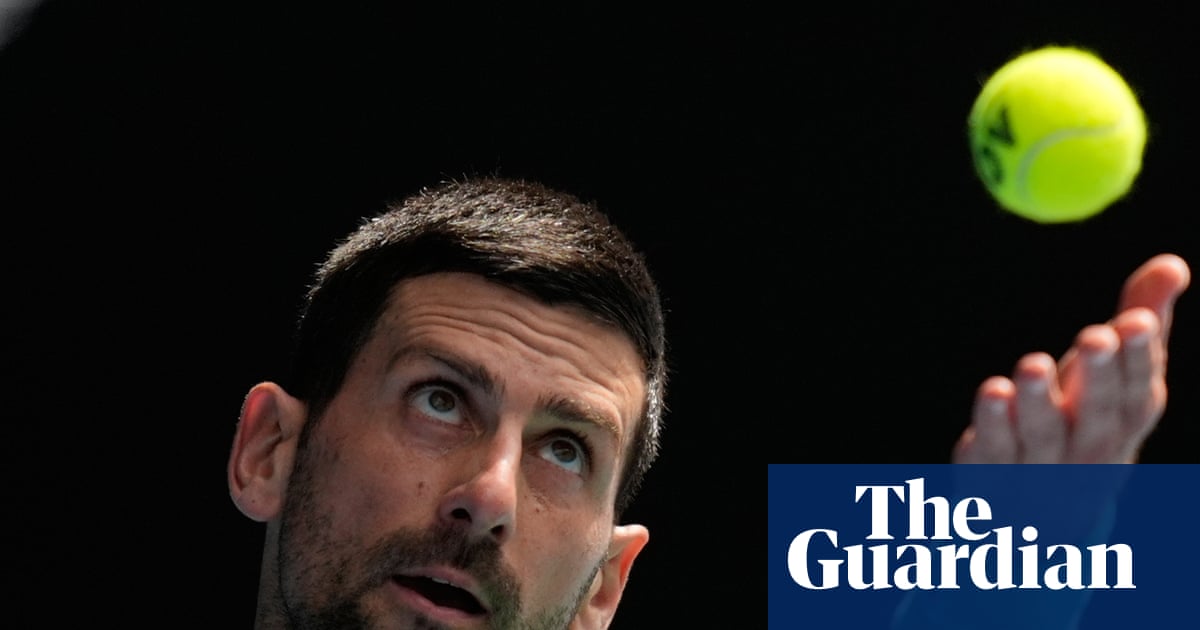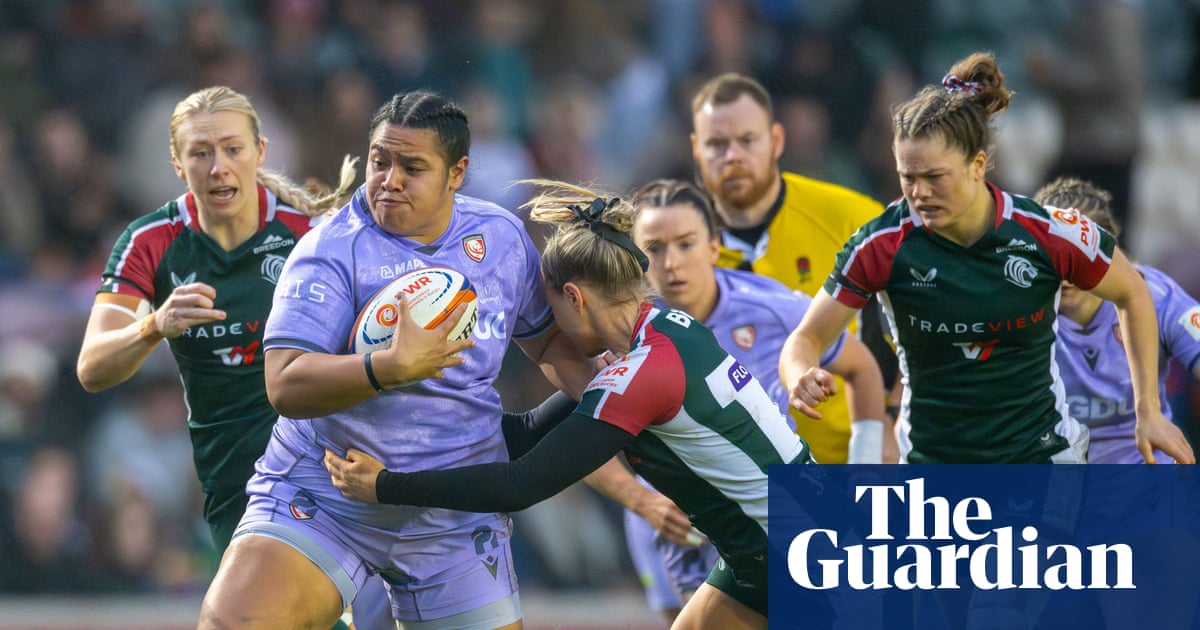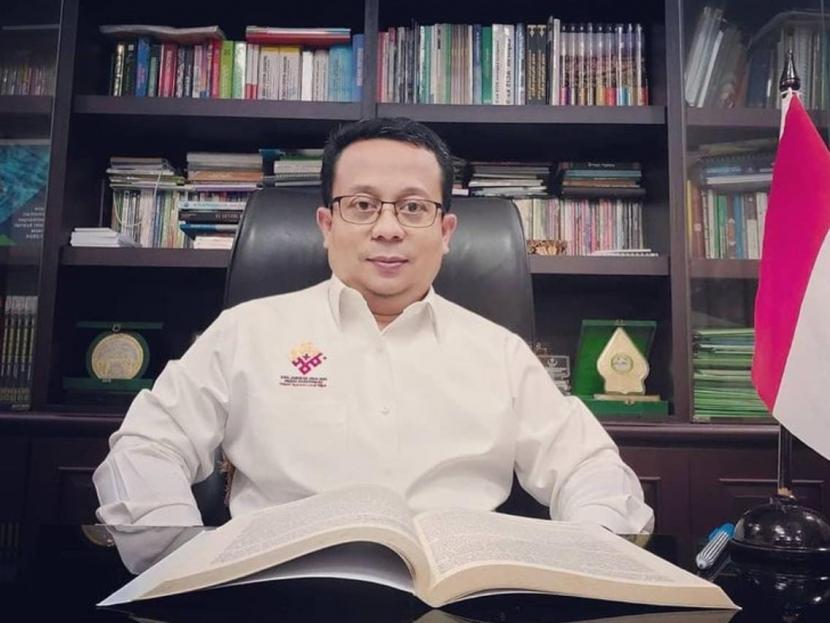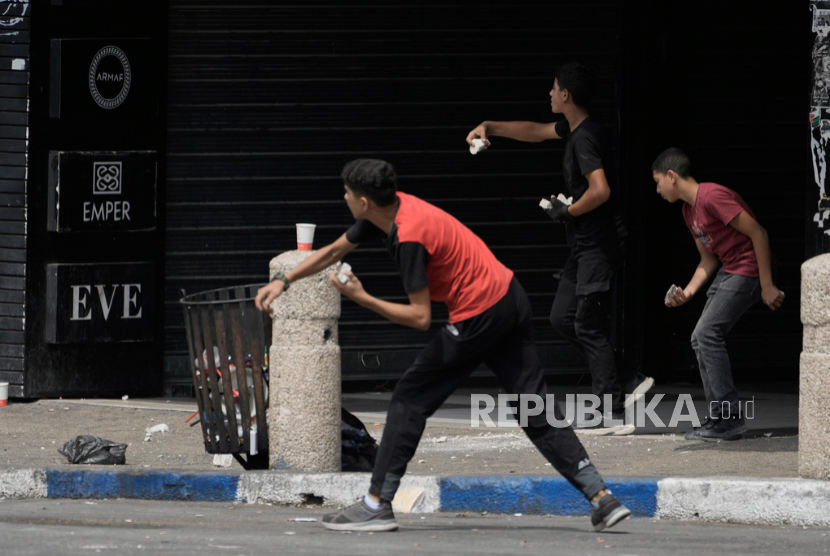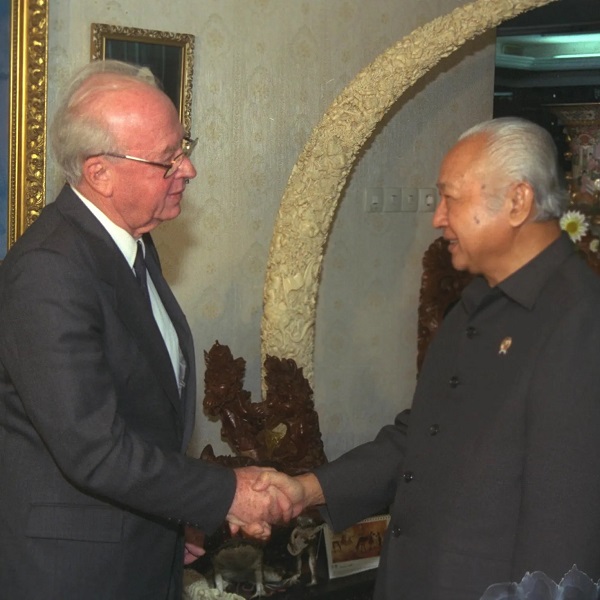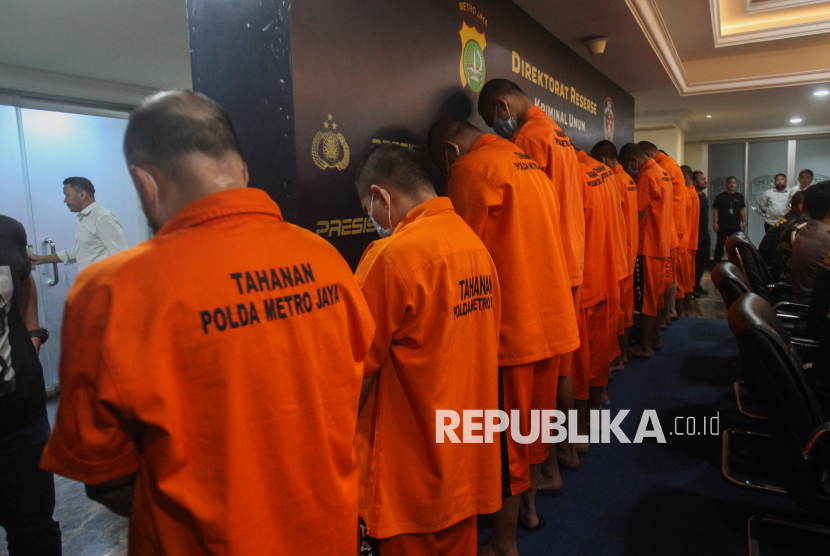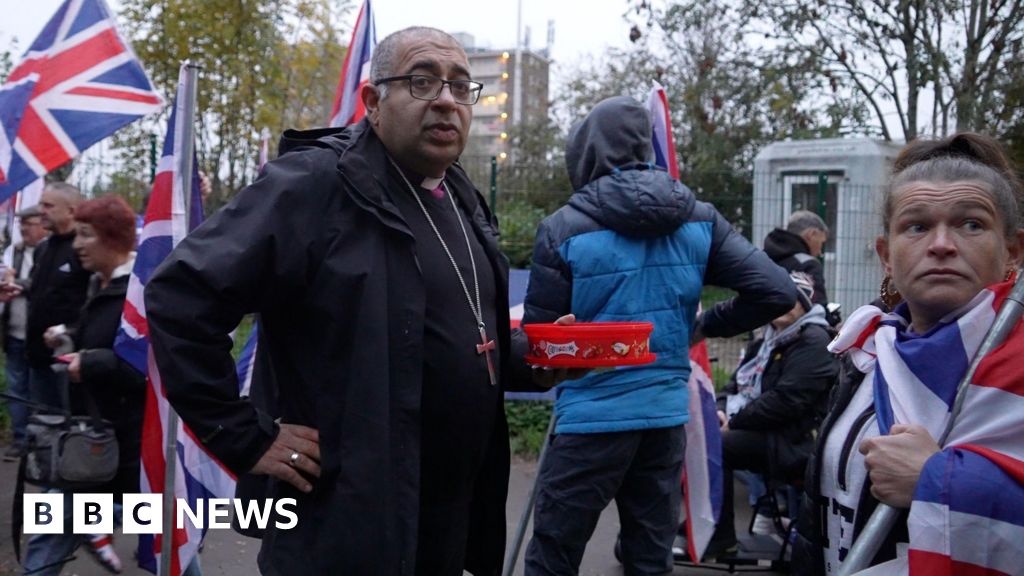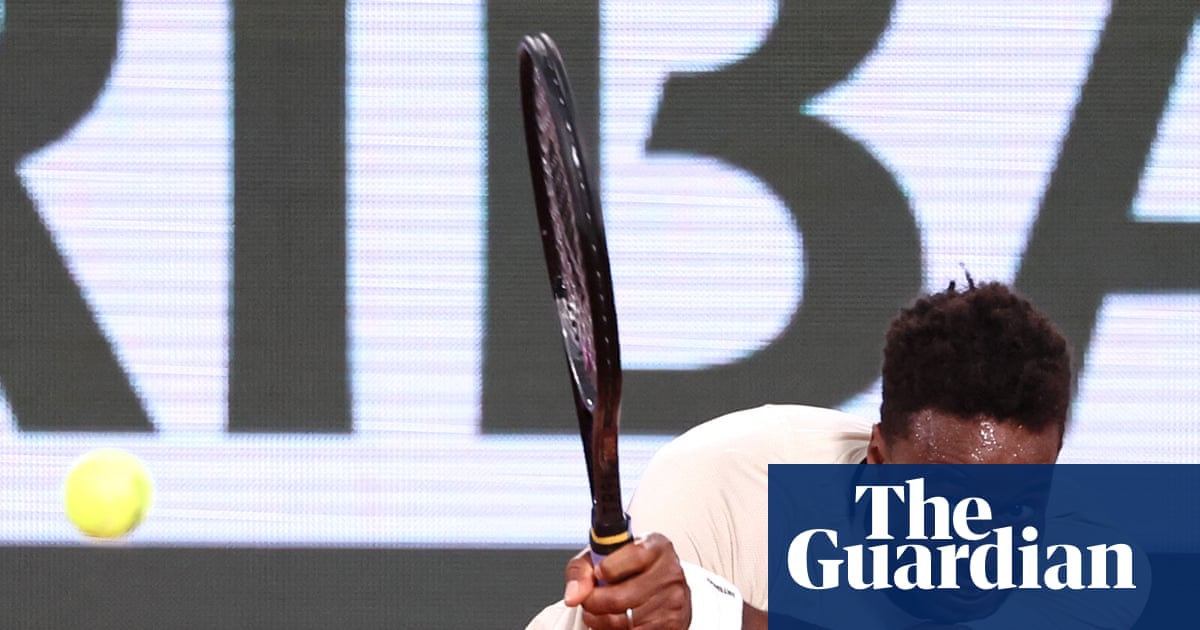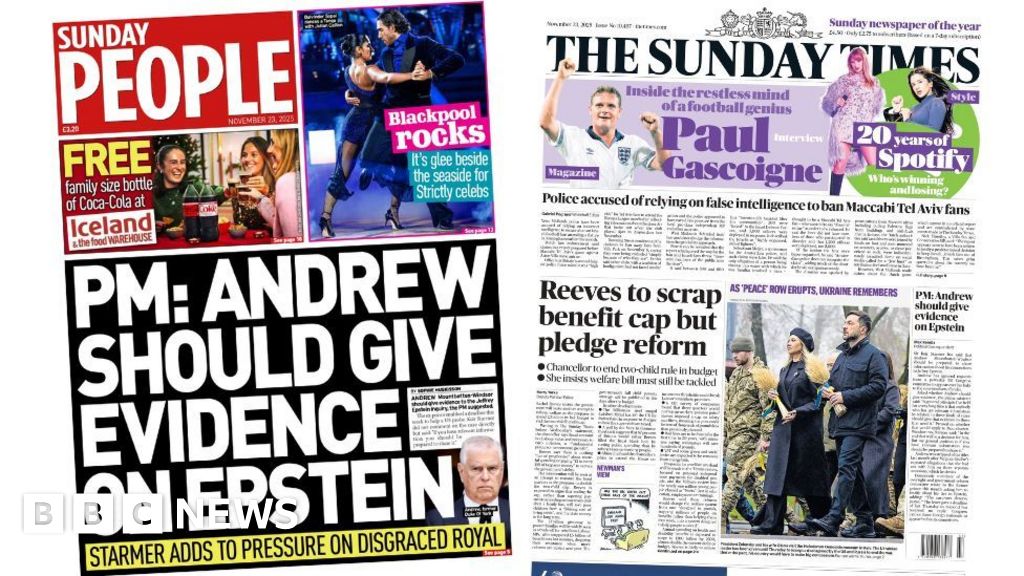Sitting through this tightly stitched but still oddly shapeless game of football, you kept thinking: what does this remind me of? The trapped energy, the collisions. The sense of something always but never really happening.
Oh yes. Watching the full 90 minutes of Chelsea’s narrow but still comfortable 1-0 defeat of Tottenham was like staring at one of those hypnotic drunken city centre brawls that appear on social media from time to time, where nothing ever really seems to start or stop, where the whole things is just a kind of tortured flailing, but one that must also be pored over endlessly in the comments.
A man in a red hoodie is doing air kung fu kicks. Haymakers are being thrown at no one in particular. Someone falls through a fire door. Yellow-jacketed man tries to break it up, wanders off, comes back waving a bin lid. It is undeniably mesmerising. Energy of some kind is definitely being expended. But you can’t help thinking if only someone could actually land a blow, just one, they could put the whole thing to bed pretty quickly.
It was fitting it should be Moisés Caicedo who provided that moment of incision at Tottenham Hotspur Stadium. Not just because he was the best player on the pitch, but because this was also a game that might have been designed just to showcase his own extreme skillset, the king of broken play, the Maradona of the crash tackle.
It was also fitting the goal was made by counterpressing, the only effective creative element on the pitch. And fitting in a poor Spurs performance that it should be Xavi Simons who made the vital mistake. Simons is a good passer, but was basically chased, harried and generally beaten up during his time on the pitch. There are games, styles, formations that will suit the very specific talents of Simons. Spurs offered none of those things here.
Simons it was who gave a short pass to Micky van de Ven close to his own goal. Cue Caicedo, all over it like a one man zombie horde, walking through challenges, lunges, blocks. The ball eventually bobbled to João Pedro, who put it away.
Caicedo was excellent here. He is remarkably strong and utterly focused on protecting and using the ball. In stoppage time at the end of 90 minutes he took the ball from Mohammed Kudus, was bumped over three times, got up, sprawled back down windmilling to win it back, a footballer who always seems to be bursting through windows, leaping across ravines, his own one-man Indiana Jones-style chase scene.
Otherwise, well what? Perhaps this game can be added to the list of things that demand Mikel Arteta has NO EXCUSES if Arsenal don’t win the league. Certainly watching this kind of thing it becomes clearer why Arsenal are so good, so coherent, so settled, so free of glitches by comparisons.
Tottenham Hotspur Stadium had been a feverish, bitty, gusty kind of place at kick-off. And from the start this was like a chess match, just not a very good chess match, a chess match where neither team had any knights or a queen.
Thomas Frank bobbed up repeatedly, a little fraught from the start, waving a notepad, whirling his arms, looking as ever like a legendary pan-European warehouse rave impresario glimpsed furiously chewing gum in the VIP section of an Oslo jam factory all-nighter.
Strange things kept happening. Lucas Bergvall had to be dragged off the pitch after suffering a concussion early on. Somebody threw two empty Jack Daniel’s hotel miniatures on to the pitch as Kevin Danso was preparing to take a throw. Six minutes after coming on midway through the second half, Jamie Gittens could be seen calling urgently for something from the Chelsea bench. Finally a pair of gloves was hurled on to the field. He pulled them on urgently. At that point he had touched the ball exactly zero times.
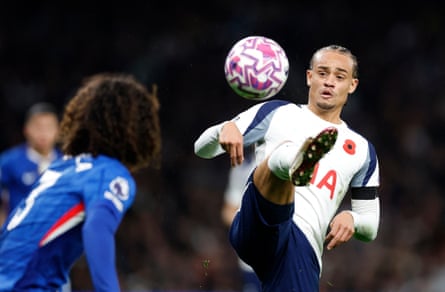
But this was also a very good day for Chelsea, who are now fifth. Players and fans took great pleasure in winning this, the most pissy and spiky of all not-quite-local London derbies. The team showed spirit and will. The real takeaway was what this game said about Tottenham, and about the state of the league in general.
after newsletter promotion
Spurs could have gone second had they won. It is clearly a false position. This is a half-finished construction site of a team, a pile of sticks leaning against a wall, some plasterboard, some abandoned paint brushes.
Here Spurs were just really poor. They seemed always to be passing backwards. Even the set pieces were confused. But then Frank is being asked to create something coherent out of the leftovers of discontinued regimes, and a squad that looks short on talent, all the while playing three games a week.
Clearly something isn’t quite right. There seemed to be communication issues between Frank’s staff and the players at times, even between the manager and his players at the end. But Frank is also in a very strange situation, in charge of a team that is third in the league, but also under pressure to find a way of playing, of winning at home, of generating attacking patterns.
The entire setup is unforgivably vague. Here is a club that have had six people calling themselves the head coach in the last five and a half years, that have cartwheeled around making odd signings – £110m this summer on two very standard attackers – all the while constructing a world-class ground in which to stage events to pay back the debt on their world-class ground. What kind of team are they expecting to have at the end of this? A settled one? One with a clear sense of identity and purpose?
You might also ask why the Premier League so often does this to itself. Why does any functioning team have to emerge through a fug of incoherence, bodged planning, zigzagging strategy? Imagine if these hugely wealthy and powerful sports clubs could be run coherently, just for a while. This was a meeting of the most expensively assembled squad in world football against the team with the best stadium in the world. It didn’t exactly look like it.
.png)
 2 months ago
36
2 months ago
36
